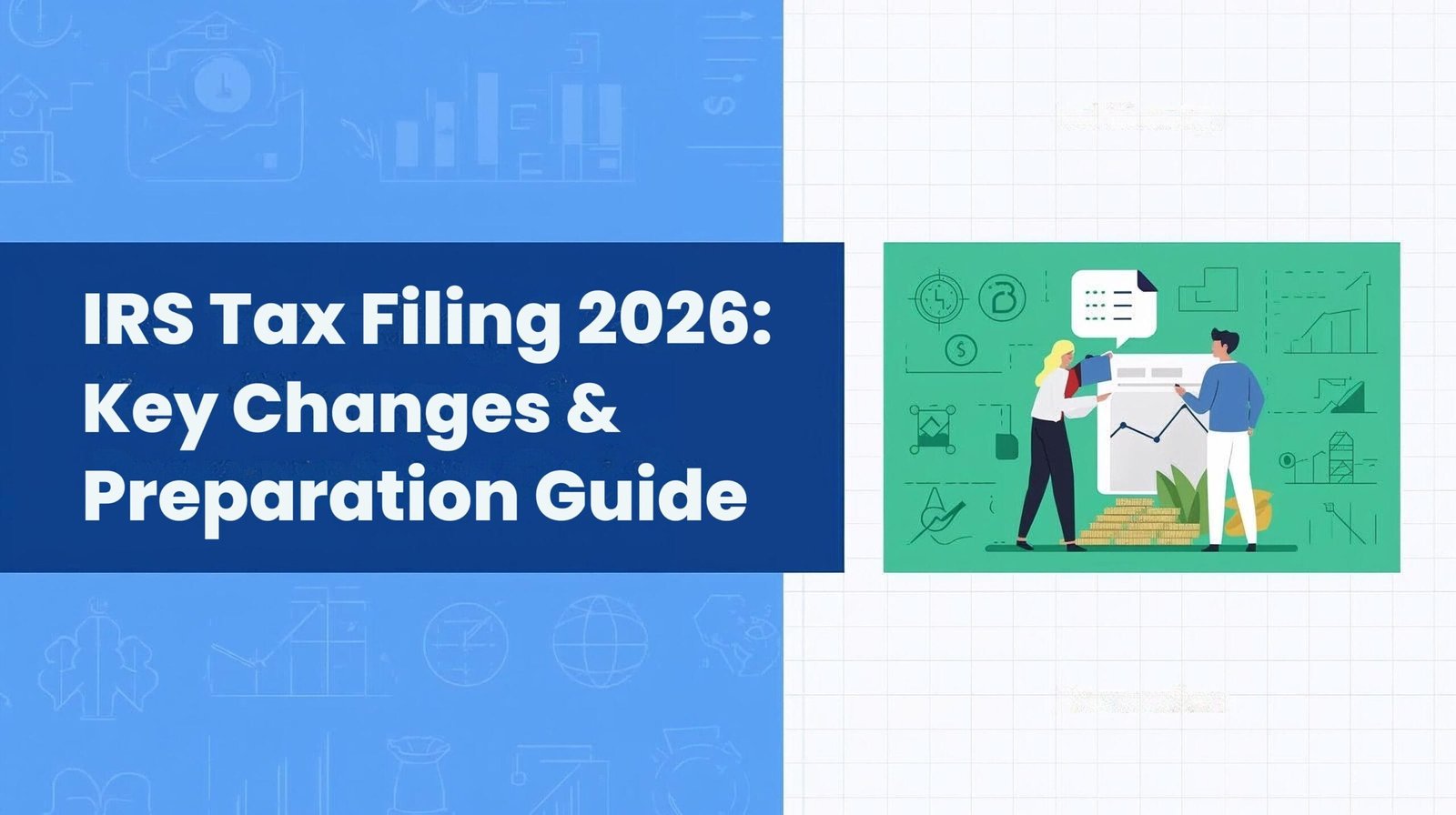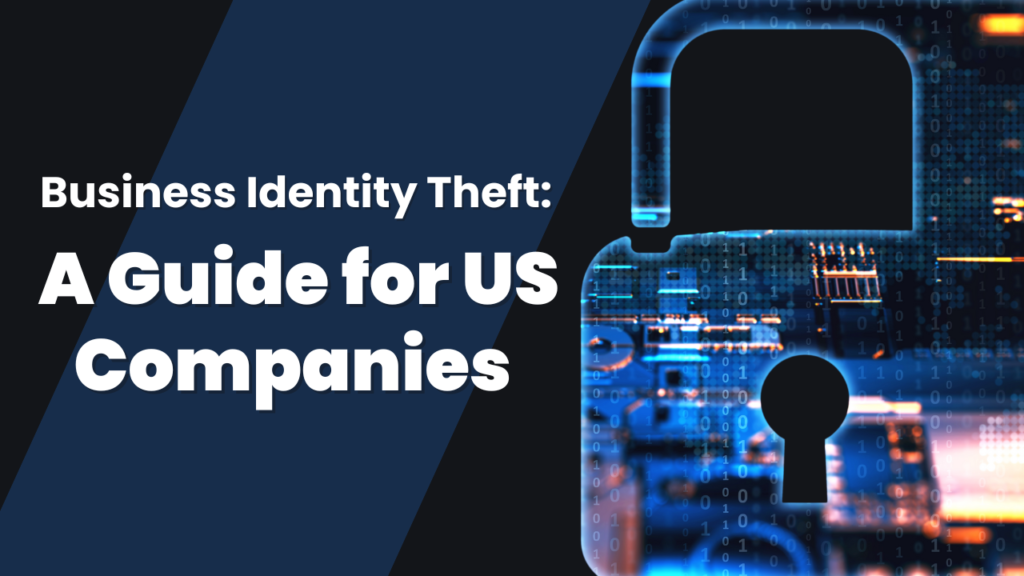
We Make Tax Filing A Breeze
Home » Business Identity Theft: A Guide for US Companies

In today’s interconnected world, identity theft isn’t just a personal concern; it’s a significant threat to businesses, both large and small. The Internal Revenue Service (IRS) explicitly recognizes identity theft as a “serious threat to business, partnership, estate and trust filers.” Each year, this crime accounts for millions of dollars in losses, with small businesses often being more vulnerable due to a lack of robust security controls and a general unawareness of the risks involved.
This guide from TheTaxBooks aims to shed light on business identity theft, helping US businesses, including those newly incorporated by international entrepreneurs, understand the threat and implement effective protection strategies.
When many think of identity theft, they often picture the compromise of a Social Security number or credit card. However, business identity theft operates on a larger scale. It occurs when criminals assume the identities of business owners, officers, or employees to fraudulently obtain cash, credit, and loans, leaving the victimized business burdened with debt. Another common manifestation is the filing of fraudulent business tax returns with the IRS to claim refundable business credits.
Beyond direct financial costs, victimized businesses may also face significant legal ramifications, such as defending their patents, copyrights, trademarks, or other intellectual property in court.
Business identity thieves are after key business identifiers and credentials. This includes officers’ names and other personal details, as well as your federal tax Employer Identification Number (EIN). Armed with this sensitive information, criminals can:
The digital age has made a wealth of business information publicly accessible. State laws often require the disclosure of proprietary business information, such as annual reports, management and personnel details (including names and addresses), EINs, and sales tax and business numbers. This information, and more, can often be legally purchased online. Many applications for lines of credit are approved based on this readily available public and recycled information.
Alarmingly, identity thieves are increasingly leveraging advancements in Artificial Intelligence (AI), particularly large language models (LLMs), to enhance and automate their fraudulent activities, making their tactics more sophisticated and harder to detect.
Criminals are constantly evolving their methods to impersonate and defraud businesses. While older tactics like emulating company letterheads or sending fake correspondence still exist, more advanced schemes are emerging:
Taking a proactive stance and educating your team are critical steps in preventing business identity theft.
Phishing emails and text messages are primary tools for gathering personal information or installing malware. With sophisticated techniques, these communications can be very difficult to distinguish from legitimate ones. Ensure your employees are trained to recognize red flags, including:
Your company should implement the latest security programs designed to detect and prevent malicious hacking and cyber-attacks. It’s equally important to secure all laptops and mobile devices used for business purposes. Regularly updating all software, operating systems, and security applications helps patch vulnerabilities that criminals could exploit.
If you suspect your company has fallen victim to business identity theft, swift action is crucial to mitigate potential harm. Here are the initial steps you should take:
Navigating the complexities of US business registration, tax compliance, and ongoing regulatory requirements can be challenging, particularly for international entrepreneurs. At TheTaxBooks, led by Principal Consultant Kishore Chennu (MBA, CMA, EA-IRS (US)), we understand these intricacies. While we focus on US Company Formation, US Tax Filing (Individuals & Businesses), Bookkeeping, and Accounting, our expertise also helps businesses establish a strong, compliant foundation, thereby reducing certain vulnerabilities that identity thieves might exploit. Our services, including Federal and State Tax Filing, US Business Bookkeeping, and assistance with Forms like 5471 and 5472, ensure your financial records are meticulously maintained and compliant, adding a layer of protection through accurate reporting.
The threat of business identity theft is not diminishing. It is imperative that businesses, regardless of size, recognize the serious risks involved and implement robust precautionary measures. By understanding common tactics, educating employees, maintaining strong cybersecurity, and diligently monitoring your business’s credit and public filings, you can significantly reduce your vulnerability and protect your company from severe financial loss and other damaging consequences.
To learn more about how you can reduce your taxes and save money, check out the helpful resources on our blog or contact us today to schedule a consultation.